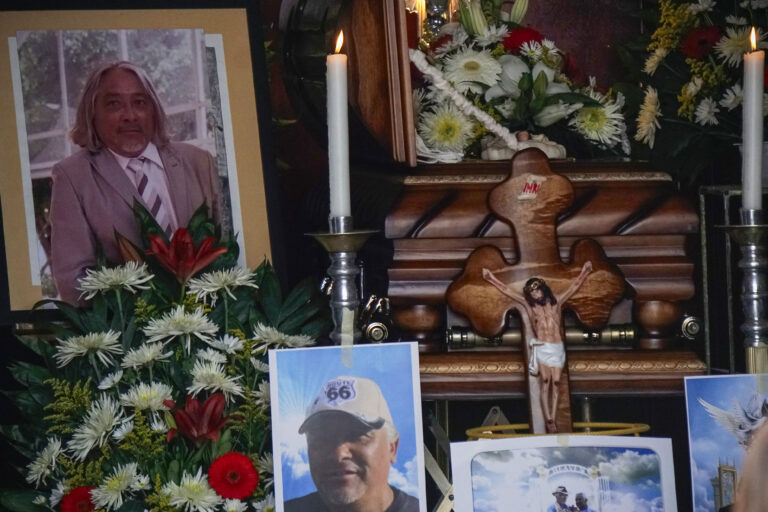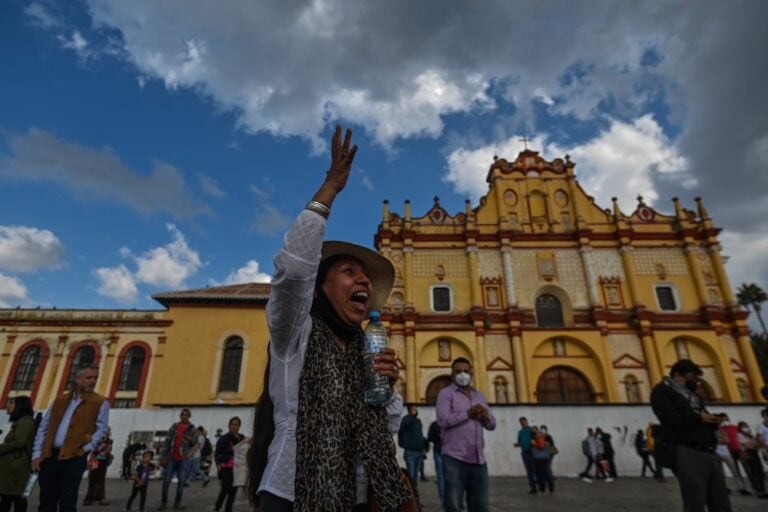(CENCOS/IFEX) – The magistrates of the Supreme Court (Suprema Corte de Justicia de la Nación) have sent an important signal regarding their own autonomy and respect for freedom of expression in Mexico by debating a recommendation for some kind of judgment to be made regarding Puebla state Governor Mario Marín Torres, a member of the […]
(CENCOS/IFEX) – The magistrates of the Supreme Court (Suprema Corte de Justicia de la Nación) have sent an important signal regarding their own autonomy and respect for freedom of expression in Mexico by debating a recommendation for some kind of judgment to be made regarding Puebla state Governor Mario Marín Torres, a member of the Partido Revolucionario Institucional (PRI) party, for his participation in the violation of journalist Lydia Cacho’s constitutionally-guaranteed rights, in relation to the publication of her book “Los demonios del Edén: el poder que protégé a la pornografía infantile”, a book about the protection of child pornographers by the powers that be.
The Supreme Court will debate and vote on a recommendation made to the legislatures to initiate a political judgement against the governor, for organising a conspiracy on the part of public employees of the state to arrest and try Cacho, who dared to unmask the members of an international paedophile ring led by Jean Succar Kuri and denim textile products magnate Kamel Nacif, a Mexican of Lebanese origin.
Thus, the highest instance of the judicial system will ask the Procurator General’s Office (Procuraduría General de la República, PGR) to take legal action against Puebla state Attorney General Blanca Laura Villeda Martínez and Quintana Roo state Attorney General Bello Melchor Rodríguez y Carrillo, who coordinated their actions to illegally detain Cacho.
The Supreme Court’s debate constitutes a blow to the powers that be, who are trying to muzzle free expression in Mexico, where businessmen and representatives of the state powers and the judiciary collude to silence voices reporting on corruption and illegal acts by economically powerful groups that go unpunished.
Simply by discussing the Cacho case, the magistrates are setting a precedent that will make exercising freedom of expression less fraught with uncertainties and danger. Freedom of expression has been a hostage of powerful criminal groups who threaten and even physically attack journalists.


